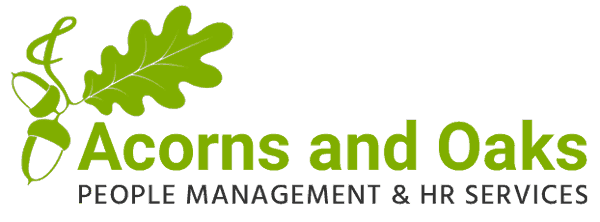There’s a lot to think about when you recruit new staff, way beyond business need and affordability. By getting this right, you save time and money. And you save yourself the time and money of having to do it all again very soon if that new staff member leaves or doesn’t work out.
Hiring managers (often MD/CEOs in small businesses) – no, it’s not your main job, but it is one that you still need to get right. You are, after all, the most likely to benefit from it. You don’t really have the time to spend on a lengthy recruitment process, you need to be focusing on the core business, right? That’s why you’re hiring after all. But think of it this way, if you give this the time and focus it needs now, think of how much you’ll get back by hiring the right person. Don’t worry, you’re allowed to get help with this.
Who are they?
First of all, decide what it is that you need. What role do you need someone to fill? I don’t mean the job title, but the responsibilities and tasks that you need them to take on. How much time is needed to do this? Is it a full or part-time requirement? Sounds simple doesn’t it, but you’d be surprised how many businesses don’t think this through properly and end up not being able to utilise the person effectively.
Next, think about who they will be working with: internally, clients, suppliers etc. What type of work is it? Will they be managing people? What type of person do they need to be? Is there someone who you can trust to manage and support this new person? Do you have a long-term plan for this role? Are there development opportunities? Turn that hideous interview question around: where do you see this role in five years? (Do not ask the person at interview where they see themselves in five years, it’s not 1980.)
Who are you?
Then, think about the culture of your business; if it’s a small business, the likelihood is that they will need to be flexible and open to getting involved in all sorts of things, can you afford an ‘it’s not my job’ type of person?
When thinking about the culture, make sure it’s a true reflection on the way things really are. Be honest, if it’s all a bit chaotic, say so. If it’s a bit dull, acknowledge this and think about how you’re going to change that. Ask your other staff what they like and don’t like about working there, don’t be offended by the answers, appreciate the honesty and work with them to improve things. There is no point in fibbing in an advert or interview about this, the person will see straight through it, if not at interview then on day one and if it’s not right for them, they’ll be gone pretty damn quickly. Employer branding is big business, all the major players spend millions on getting their brand out there, talking about how wonderful it is to work for them. I wonder how many are honest and true representations.
Don’t confuse culture with benefits, things like dress down Friday (everyone’s been doing this for over a decade, it doesn’t make you special), free breakfasts and cycle to work schemes are benefits but they don’t show what it means to work there. Think about the businesses core values; is it a truly entrepreneurial, dynamic, authentic, open, blah blah blah – everyone claims to be most or all of these things, but are they really? What is your business really about?
Now that you have all of this down, you’re ready to get that advert written and to go to market. But are you ready to manage the recruitment process? Check back to find out how.
Need help with this? Get in touch – maria@acornsandoaks.uk







Leave A Comment